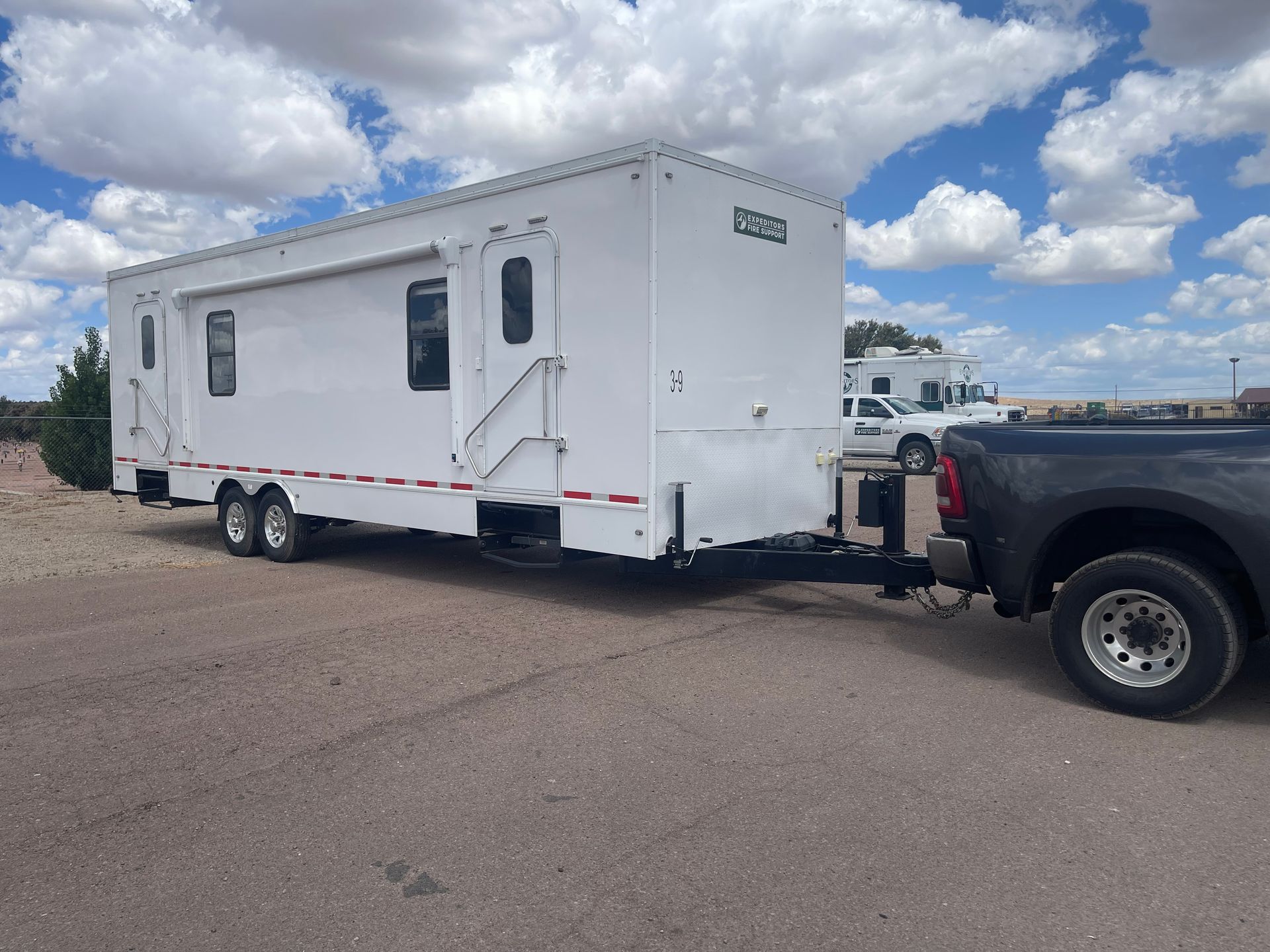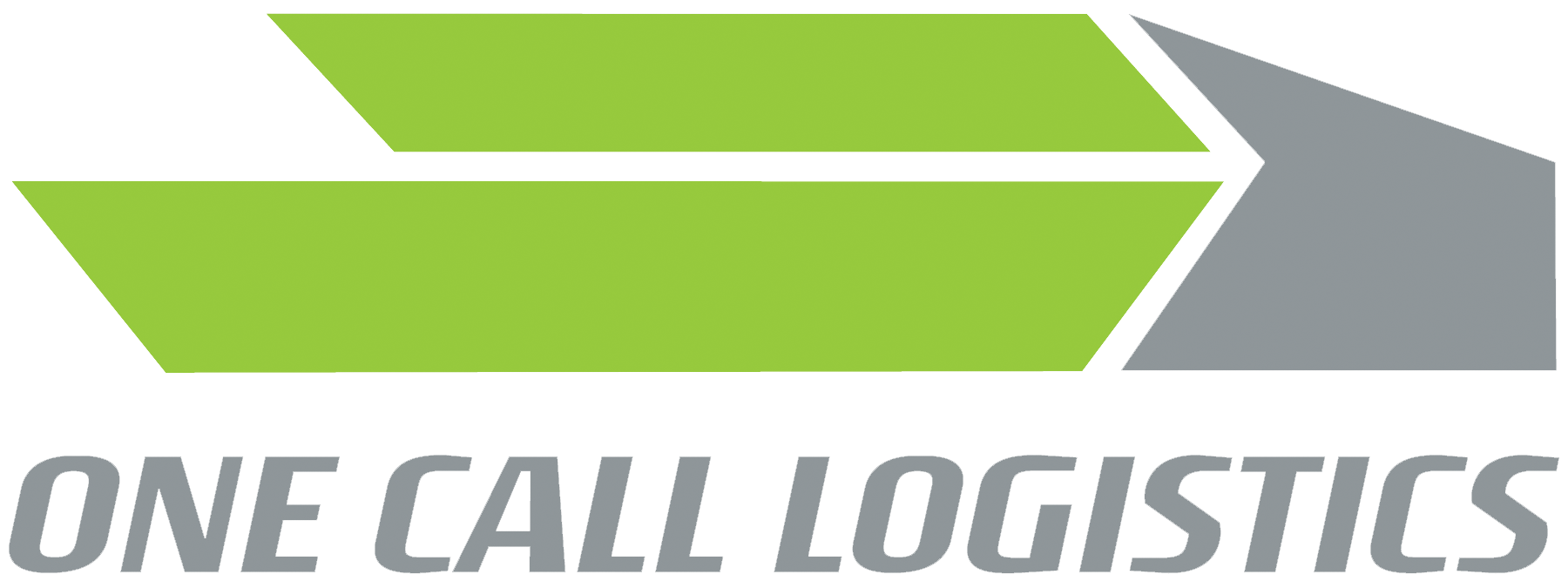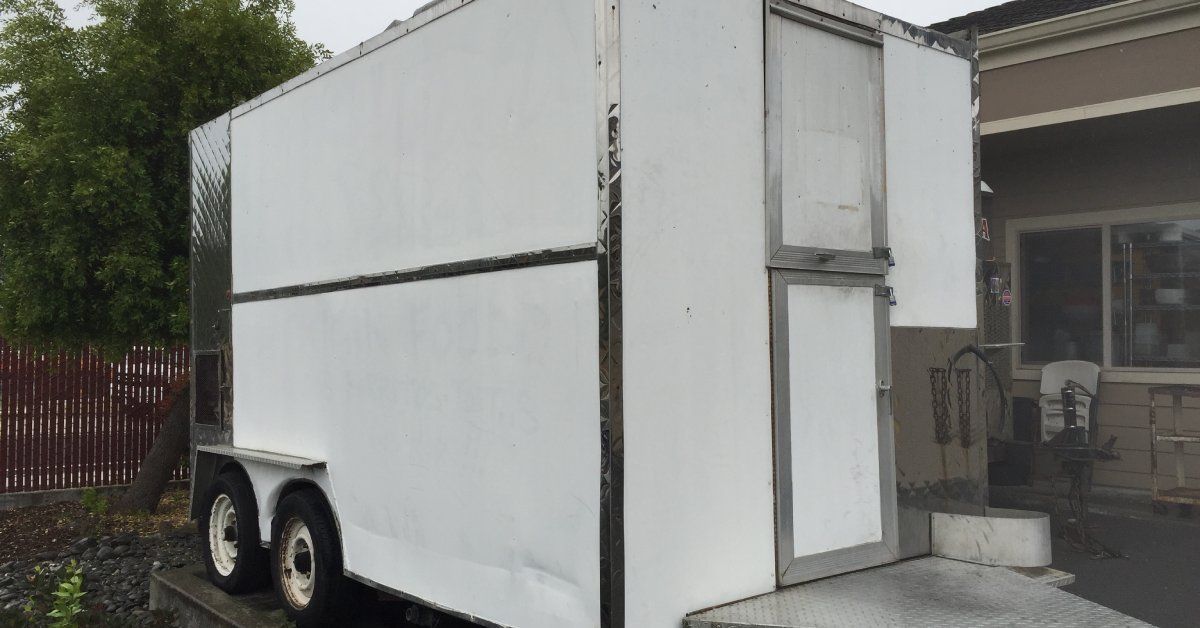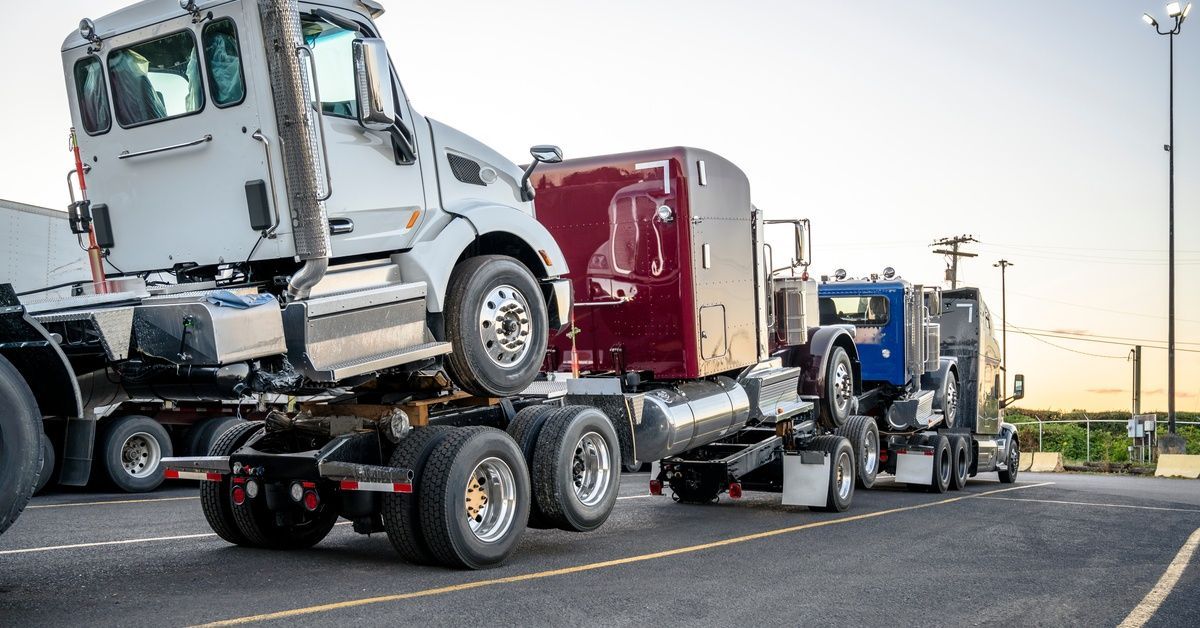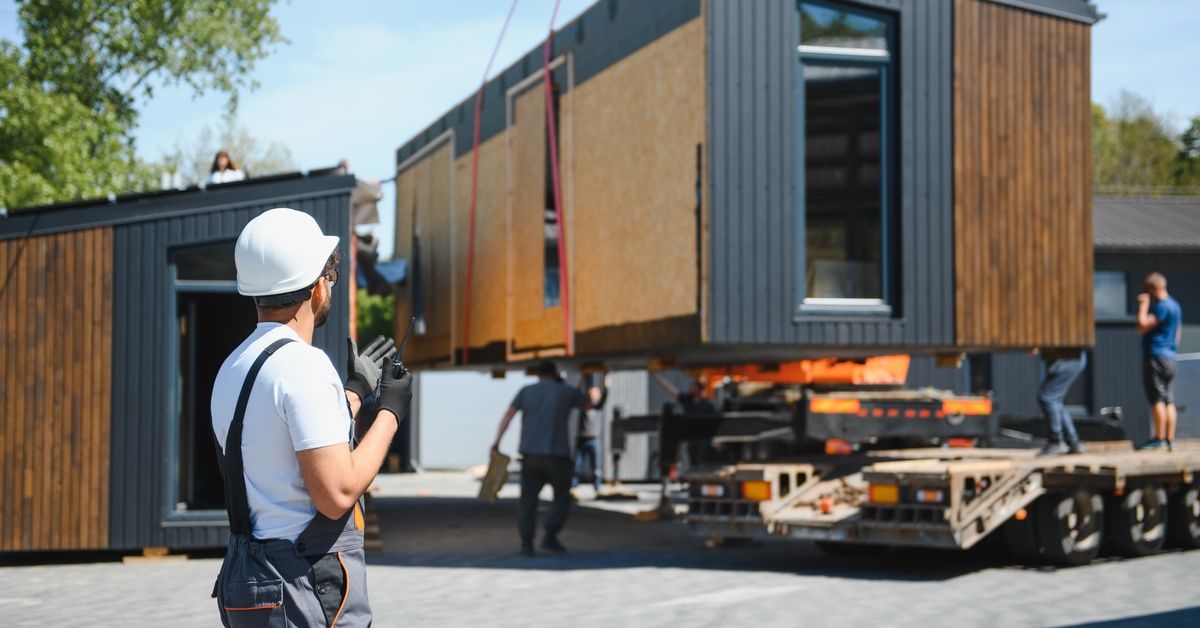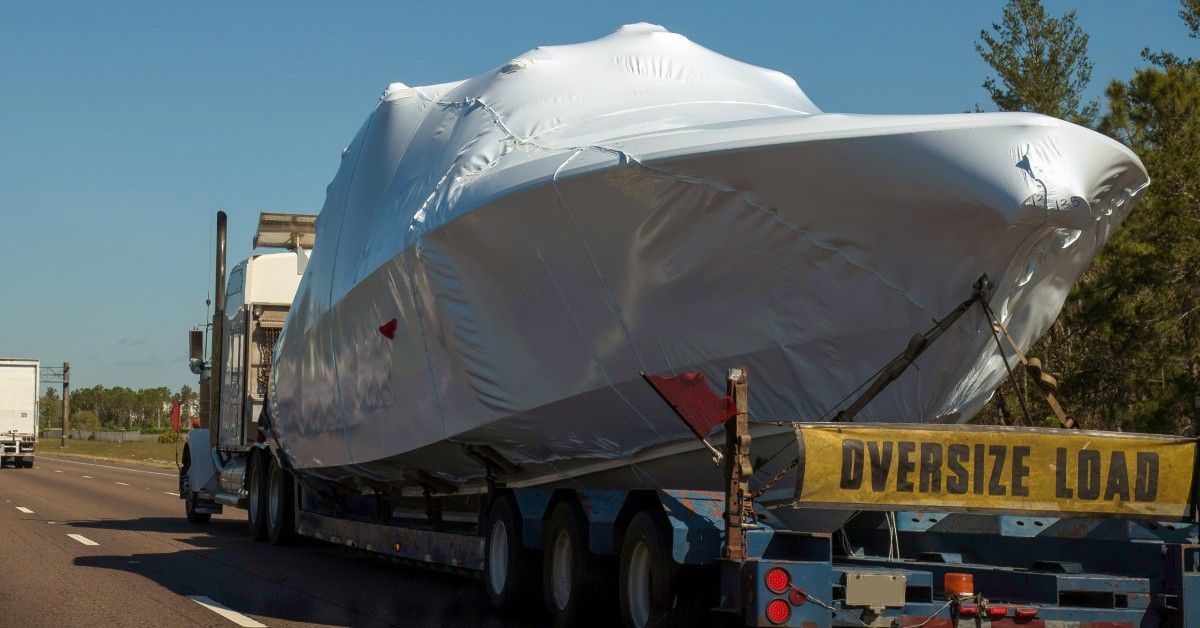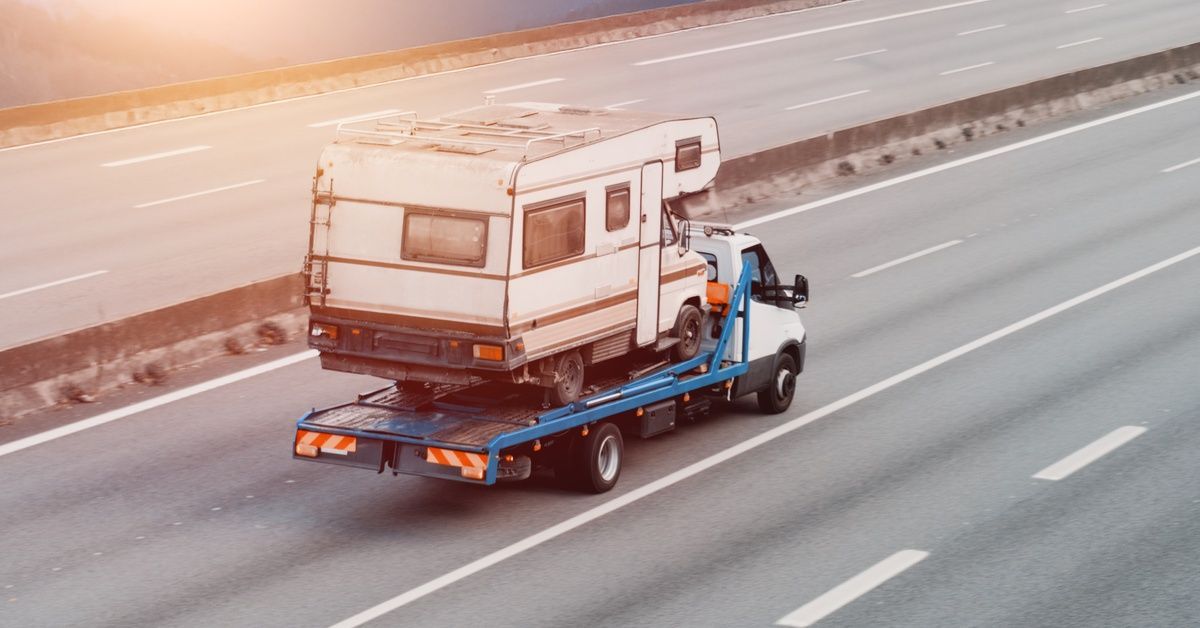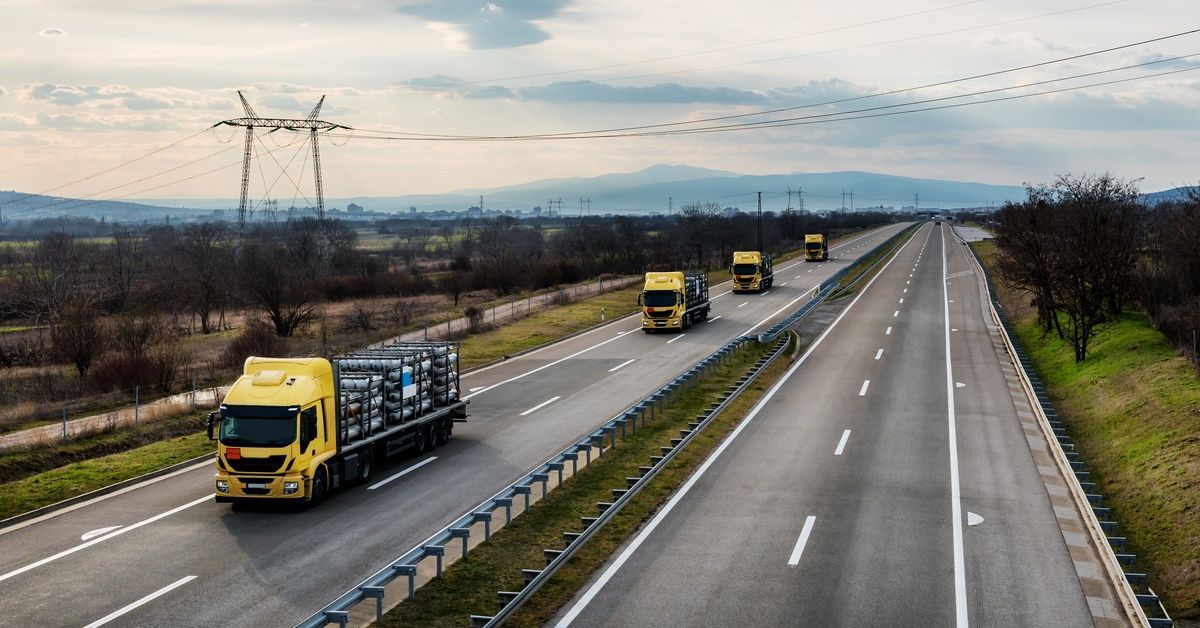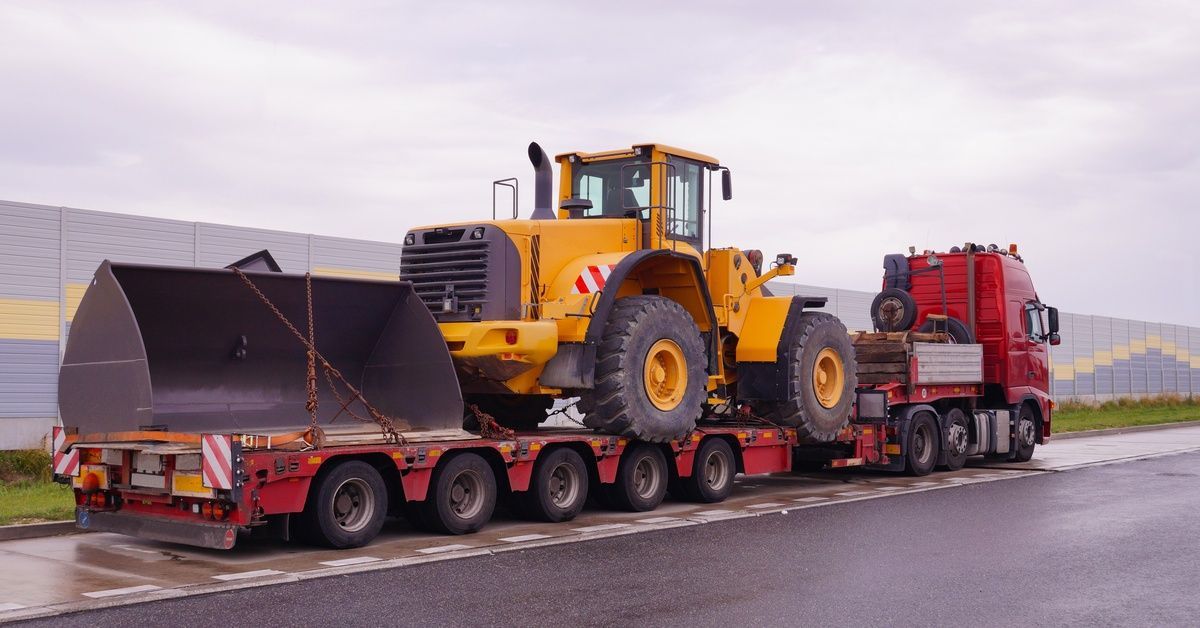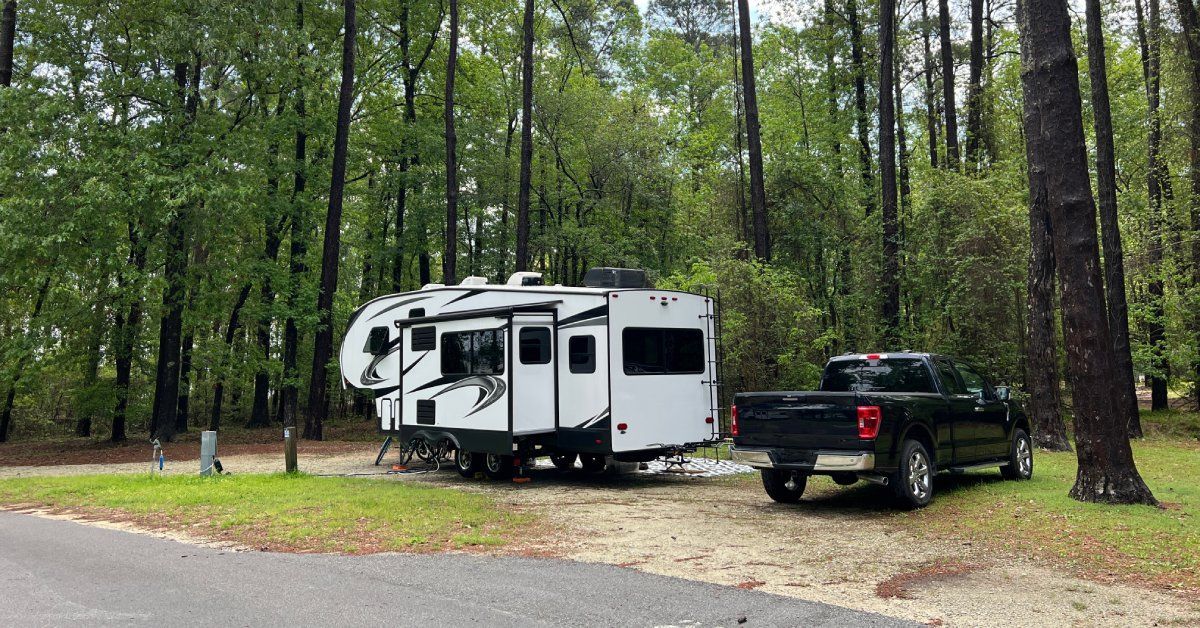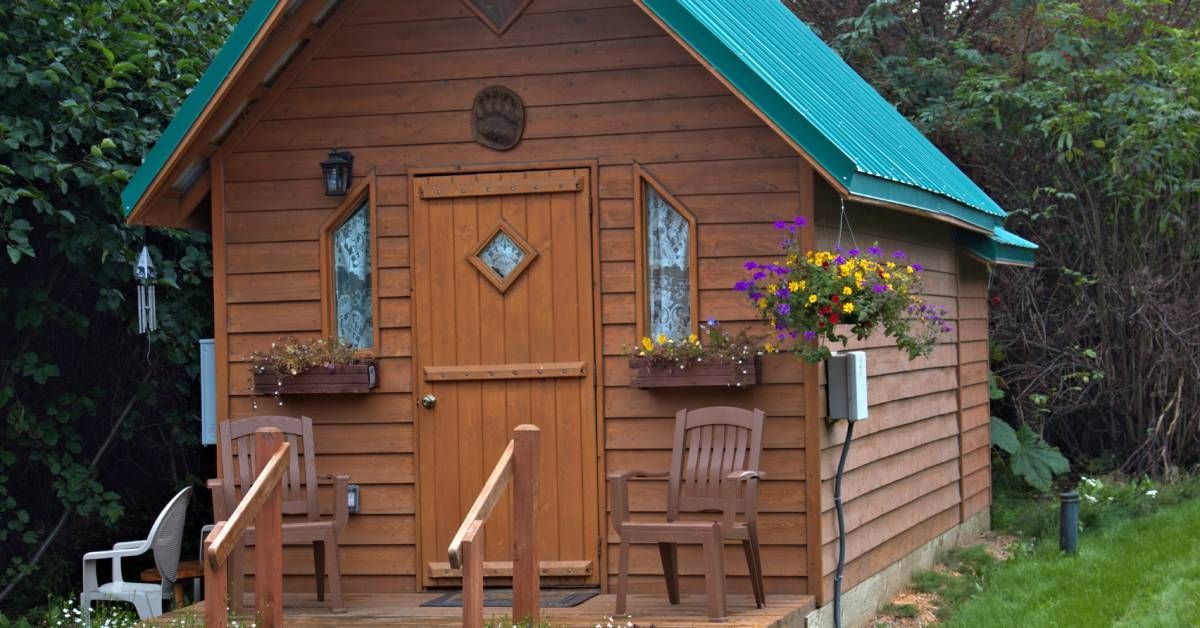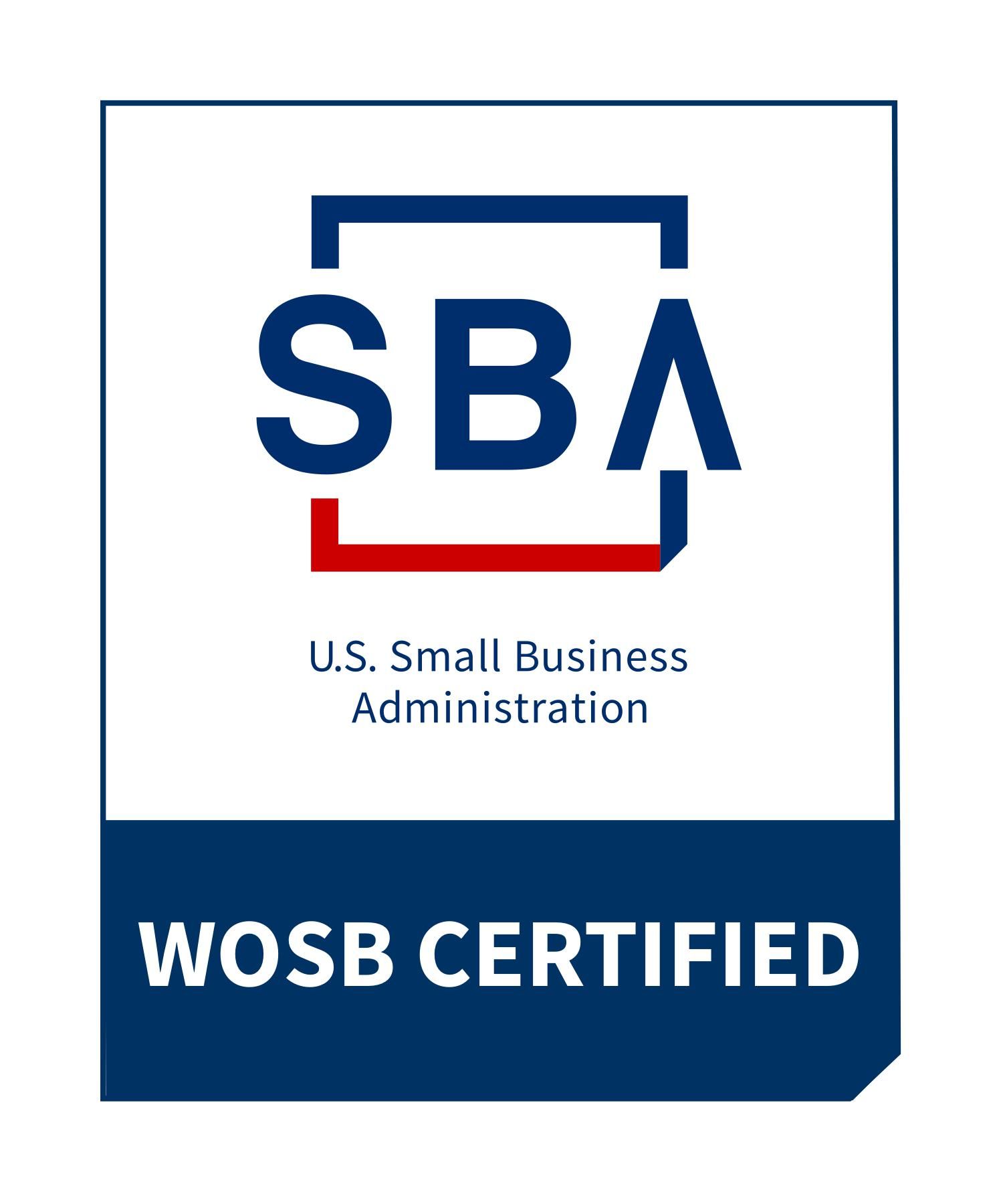Creating a Disaster and Emergency Logistics Plan
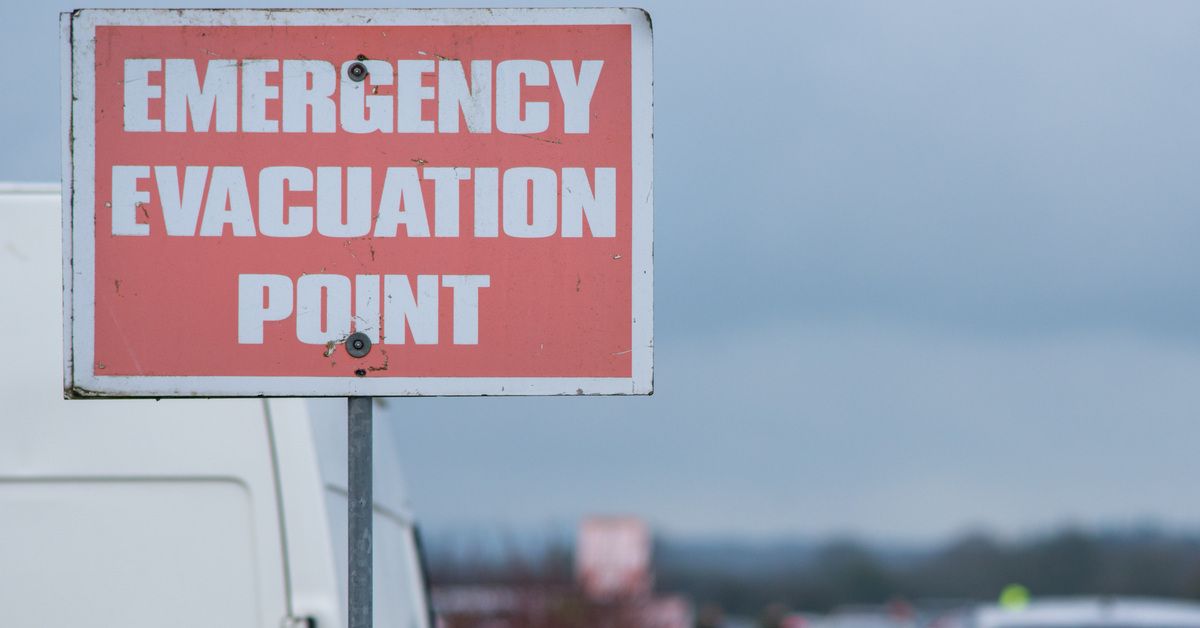
Emergencies and natural disasters strike without warning, leaving chaos in their wake. For RV owners, tiny homeowners, logistics professionals, and boat owners, creating a disaster and emergency logistics plan can keep their possessions safe when it matters most. Your ability to respond quickly hinges on a strategy, as logistics play a vital role in mitigating risks and restoring normalcy after disasters.
Why Make a Disaster and Emergency Logistics Plan?
Disasters—hurricanes, wildfires, and infrastructure failures—are notoriously unpredictable, so you should prepare for them. Without a clear logistics plan, the consequences can escalate, putting lives, property, and operations in jeopardy.
A disaster and emergency logistics plan warrants timely evacuation and the secure relocation of assets, such as tiny homes, RVs, and boats. Understanding the potential risks and creating a fitting response plan is the key to navigating emergencies.
Components of an Effective Logistics Plan
The foundation of any disaster logistics plan is assessing risks and vulnerabilities. Since risks vary by region, you should understand the challenges that RV owners or boat owners face. Communication is another factor. Reliable and swift exchanges of information might become unavailable during emergencies. Whether coordinating with drivers, customers, or vendors, maintaining transparency is crucial in every step of the process.
For those tasked with moving valuable and often oversized assets, heavy equipment transport services can be helpful. This part of a logistics plan requires access to specialized trucks and skilled drivers who can manage trailers and tiny homes. Moving heavy assets quickly and safely during emergencies protects people’s investments. An agile operational framework supports efficient relocations and minimizes the potential for damage.
Tailoring the Plan to Different Types of Emergencies
Planning for natural disasters involves prioritizing timely evacuations and securing assets. Hurricanes and tornadoes, for instance, demand quick action and pre-organized logistics. On the other hand, accidents and infrastructure failures require a different approach. These emergencies call for immediate transport and coordination to address the sudden need for relocation. One Call Logistics excels in navigating these challenges, offering dependable solutions for different scenarios.
How One Call Logistics Bridges the Gap
One Call Logistics specializes in creating a disaster and emergency logistics plan that meets the needs of clients. With our reliable fleet of trucks and contracted drivers, we offer flexible solutions for people affected by disasters. One Call Logistics has proven its commitment to safety and efficiency time and again.
Prepare Today for a Better Tomorrow
We can’t overstate the importance of creating a logistics plan for emergencies. Preparation saves time, reduces risks, and provides peace of mind. Contact One Call Logistics today to learn how we can assist with planning and executing tailored disaster solutions that protect your assets.
